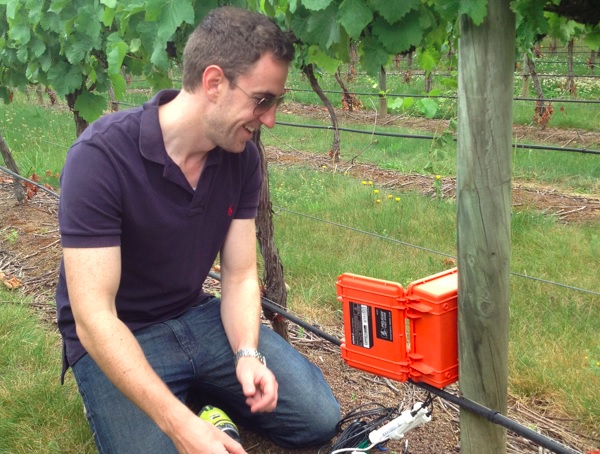I’ve spent the last week in Las Vegas attending the Black Hat and DefCon security conferences. Among much of the discussion about protecting oneself against the misuse of technology, one thing that stood out was the focus on the Internet of Things.
Listening to some of the discussions and speaking to various people, it’s increasingly clear the consensus is the IoT is effectively unsecurable – the range of devices connected to the internet is just too great to be protected.
Compounding the problem are the plethora of poorly designed devices where security is, at best, a vague afterthought along with an older generation of equipment that was never intended to be connected to the public facing internet.
Given many of these devices are going to be critical to business and individual lifestyles, their reliability and quality of the data gathered by them is going to increasingly come into question and the systems that rely upon them are going to need ways to validate the information they receive.
Perhaps this is where machine learning and artificial intelligence are going to be valuable in watching for anomalies in the information and flagging where problems are happening within networks.
As those networks become more essential to society, we’re going to have build more redundancy and robustness into our systems, the key component though may be trust.

Leave a Reply